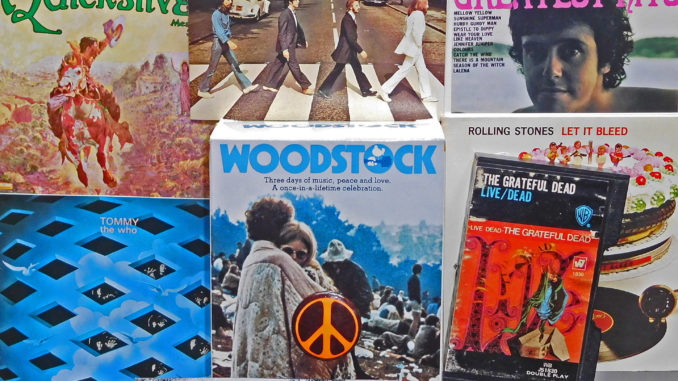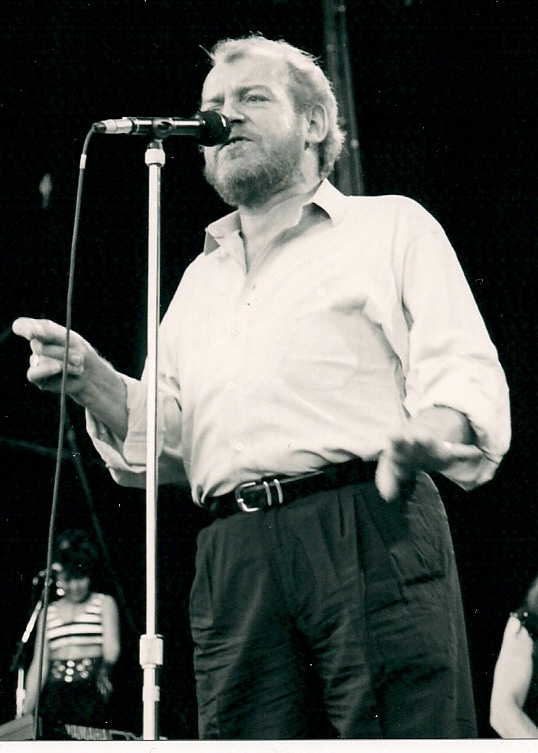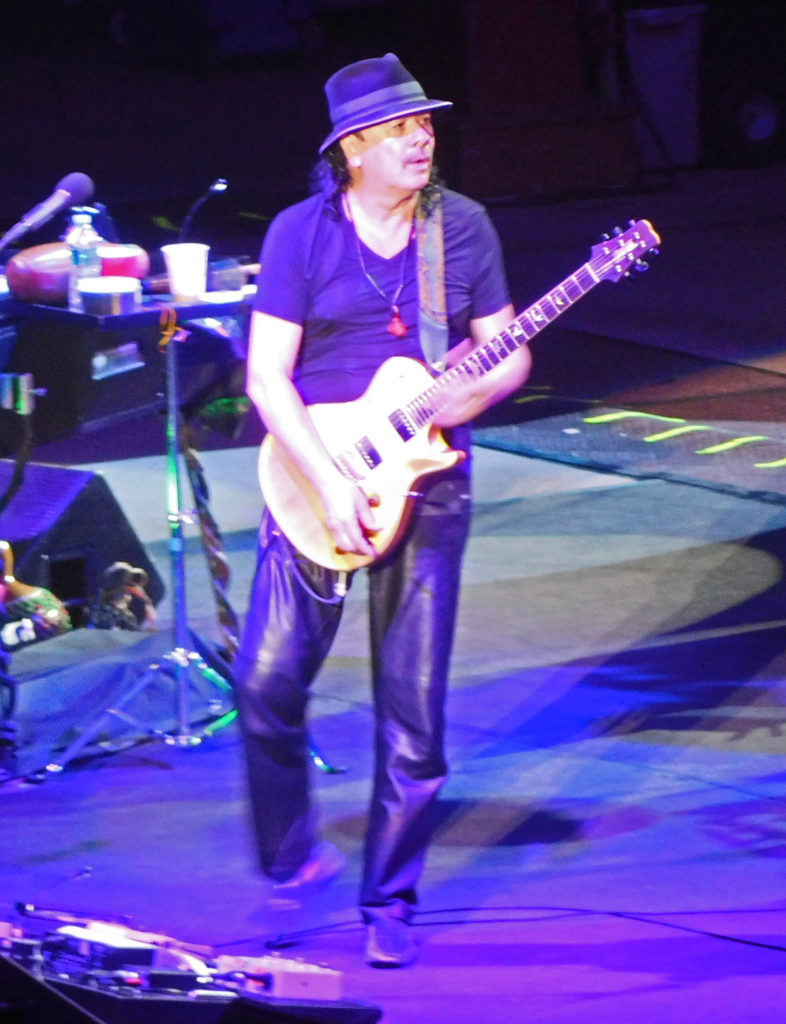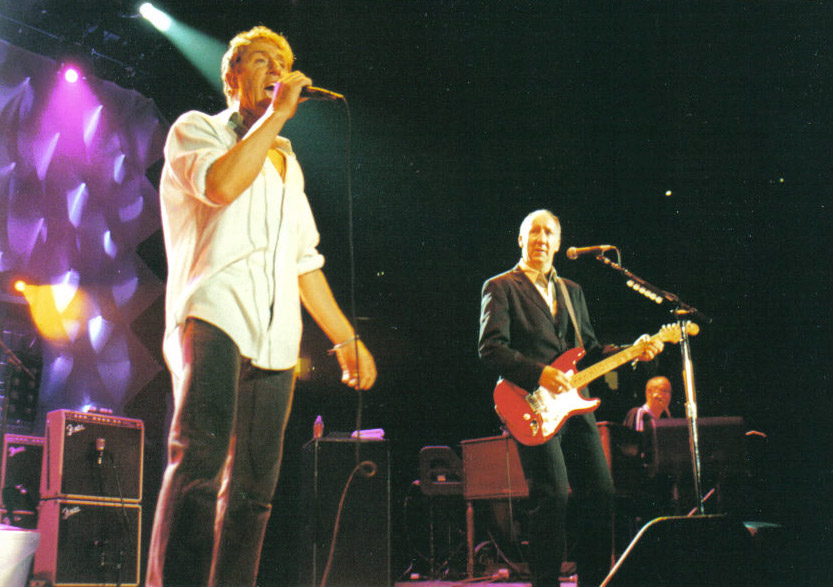
Tim Van Schmidt
(Part 2 of a 3 Part Series)

I saw my first hippie in 1967 thanks to my dad.
Our family had moved from Illinois to Phoenix, Arizona and we went on the classic American road trip to explore the west — station wagon, trailer, tents, and all.
When passing through San Francisco, my father announced we were going to take a drive “to see what it is really like.”
He was referring to the world of the “hippies”, a weird, wild, and hairy subculture, fueled on rock and roll and a robust hedonism that had become national news. So we drove our family station wagon right through the Haight Ashbury district — known as the epicenter of the hippie phenomenon — peering out the windows at the crazy urban hubbub outside.

My mother’s window was down and all of a sudden, a real live hippie leaped off of the sidewalk and tried to hand her an underground newspaper he was promoting. My mom fairly well screamed, rolling up her window and locking her door. She hadn’t taken the newspaper.
I ended up buying my first peace button later that day at Fisherman’s Wharf.

By 1969, the hippie culture was at its apex. It wasn’t just a city street you could drive down; it was a massive juggernaut influencing style, music, media, and politics.
The Woodstock Music and Art Fair in Bethel, New York on August 15-18 — 52 years ago this week — has become the symbol of that time, at least for the hippie culture.
A lot of that has to do with the success of the 1970 documentary that followed the event itself — all you have to do is just say “Woodstock” to conjure up the legend of massive crowds of peaceniks jamming together in harmony thanks to that film.
The recent Hulu release, “Summer of Soul”, a documentary celebrating a series of concerts in Harlem in the summer of 1969, refers to that roster of events as “The Black Woodstock.” And that inspired me to go back and check out the original.

There is plenty of footage out there if you are interested in Woodstock lore — including a 2019 TV documentary, “Woodstock, Three Days That Defined a Generation”. I opted to pull out a copy of the original 1970 documentary release, “Woodstock,” running at just over three hours. There is also an expanded “director’s cut” version, “Woodstock – 3 Days of Peace & Music”, clocking in at 4 hours plus.
I could fill the rest of this column with the musical magnitude of this movie. What can I do but name names — Santana, Ten Years After, Jimi Hendrix, Richie Havens, The Who, Joe Cocker and so many more? “Woodstock” is a mighty documentary and reveals that the new music and the new culture of the hippies had grown to gargantuan proportions in 1969 — much bigger than even the savviest businesspeople among them were ready for.
According to legend, attendees of the Woodstock festival overcame overwhelmed event infrastructure and volatile weather to come together to enjoy live music and each other without major incident, despite the crowds that made local residents feel they were being invaded.
But let’s add that Woodstock was not the only rock festival happening in 1969. In fact, there were festivals happening all over the country — Palm Springs, Toronto, Denver, Atlanta, Seattle, Vancouver, New Orleans, Miami — all summer long. Woodstock just had all the right pieces in place — especially copious amounts of professional-level film and sound — to make it legendary.
1969 was also the year of the ill-fated Altamont festival held in December. After the euphoric high of “Woodstock,” it’s worth viewing “Gimme Shelter”, another documentary that helps reflect a different part of the hippie world in 1969, which wasn’t so much about rainbows and unicorns.
“Gimmer Shelter” is a documentary following the Rolling Stones’ 1969 tour and their efforts to headline a free concert at the Altamont Speedway in California at the end of the year.
On paper, it sounds like a West Coast Woodstock — Santana, The Rolling Stones, Grateful Dead, Jefferson Airplane, all playing for free to a massive crowd — but it turns out to be everything Woodstock was not. Violence turns it ugly, injuring performers and killing at least one attendee not far from the stage.
Blame for it could be laid at the feet of the Hells Angels hired to do security by the stage. Unruly fans in the crowd could also be to blame. Whatever the cause, in this case, the stars did not align for a peaceful event and it provides a somber, reality check to the story of 1969, the year the hippies had declared their own nation.
Tim Van Schmidt is a writer and photographer based in Fort Collins. Check out his YouTube channel at “Time Capsules by Tim Van Schmidt.”
Support Northern Colorado Journalism
Show your support for North Forty News by helping us produce more content. It's a kind and simple gesture that will help us continue to bring more content to you.
BONUS - Donors get a link in their receipt to sign up for our once-per-week instant text messaging alert. Get your e-copy of North Forty News the moment it is released!
Click to Donate
